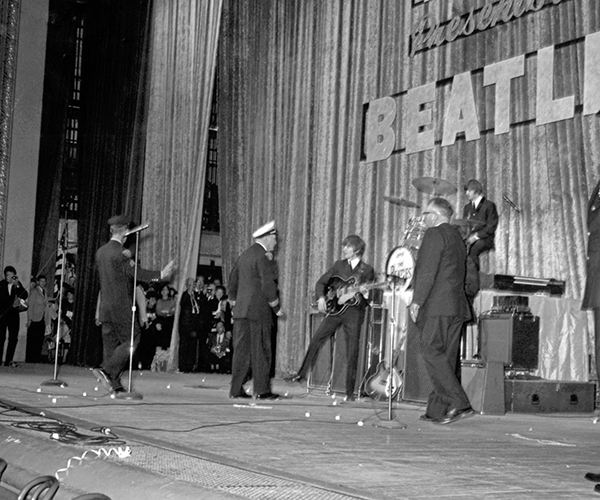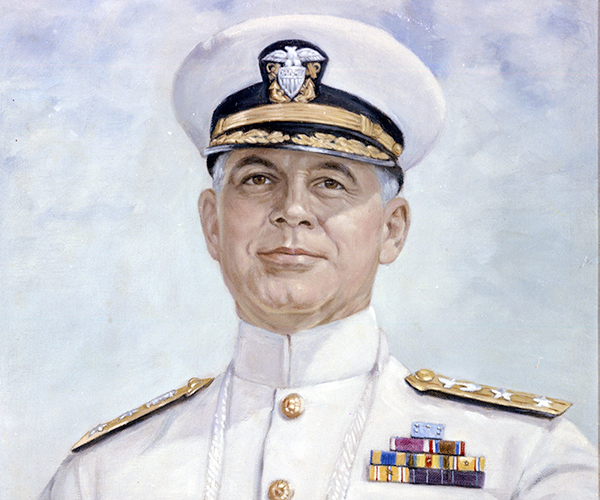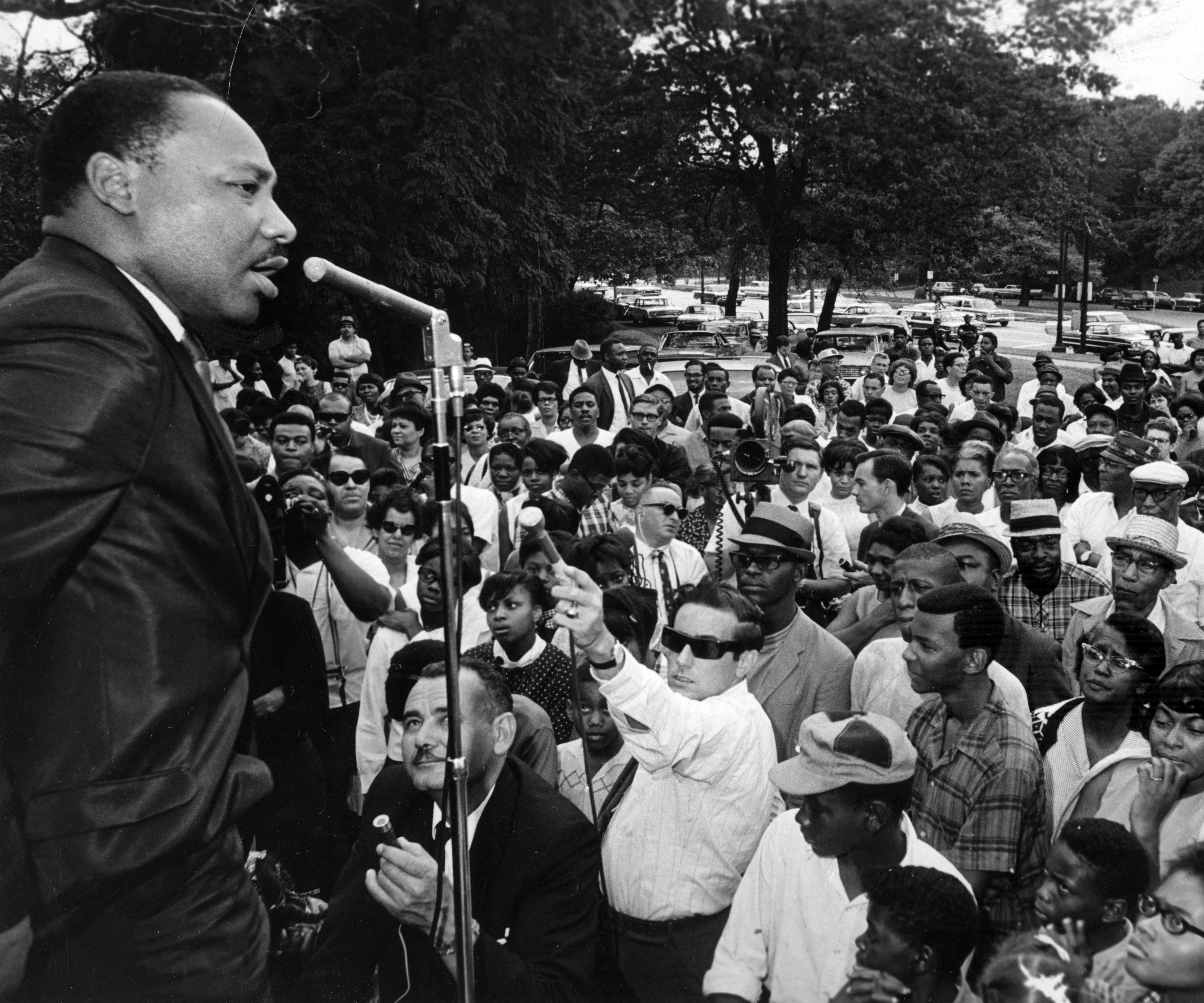Thomas Fleming was free — for now. Appearing in court May 29, Cleveland’s first black city councilman smiled and looked into the camera as a judge let him out on bond. Fleming could roam the Central Avenue neighborhood that he loved, pending the outcome of an appeal in his corruption case. Seated beside his lawyers, Fleming’s round-cheeked smile projected confidence. But he was in real trouble.
Through savvy horse-trading and a talent for glad-handing honed during his career as a barber, Fleming had risen through the Republican party machine. He served as chairman of the powerful police and fire committee and secured city jobs and better pay for black workers. As Cleveland Magazine reported in 2010, Fleming even successfully banned the Ku Klux Klan from marching in the city, prompting the Klan to drop fliers over Cleveland’s black neighborhoods from an airplane.
But, in 1929, a disabled policeman claimed that Fleming had accepted a bribe to sponsor a law which paid for the policeman’s medical care. As evidence, the policeman produced a canceled $200 check with his and Fleming’s signature on it. Fleming was indicted for soliciting and accepting a bribe.
Fleming maintained his innocence, even as his story shifted in court. An all-white jury found him not guilty of soliciting a bribe, but guilty of accepting one. Despite several appeals, he served 27 months in prison. “I say now, as I say when I was convicted, that I am innocent of what I was charged with,” said Fleming after his release.
Fleming never returned to politics. He died in 1948, his conviction having consigned a pioneering career to a historical footnote.




